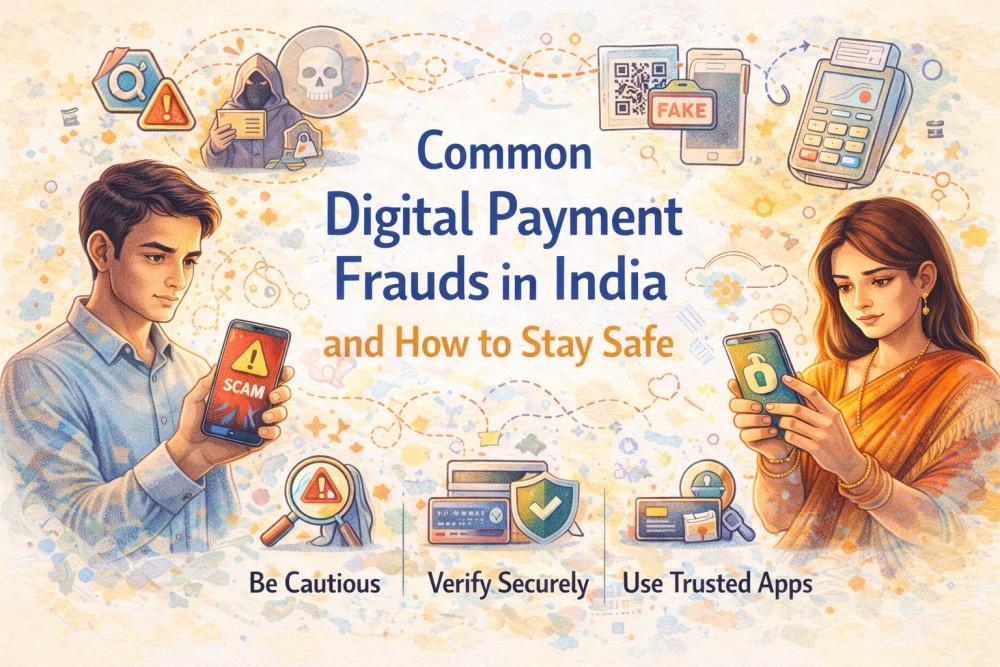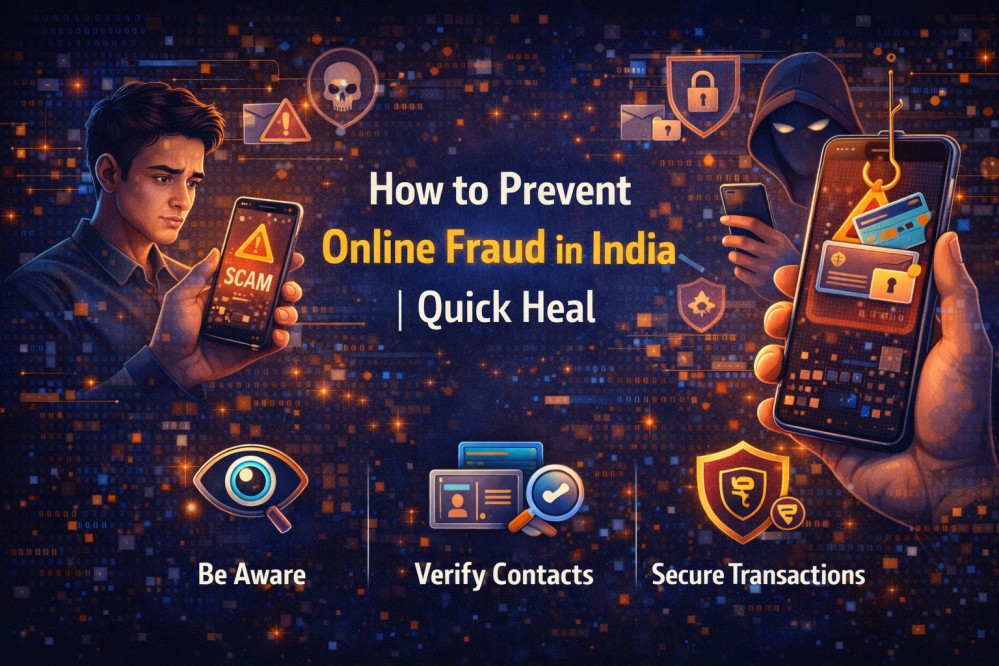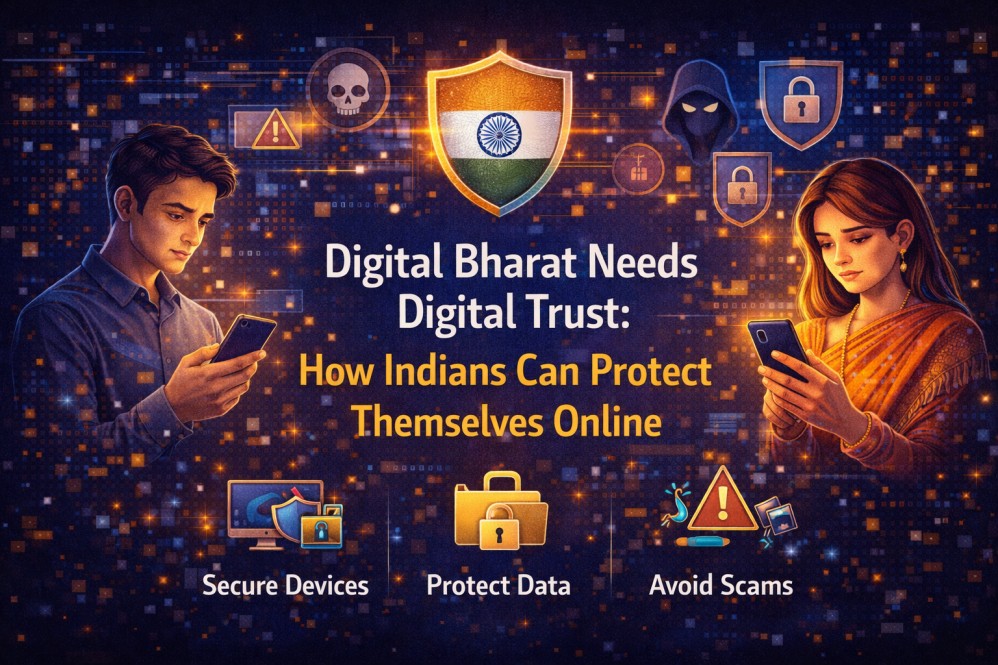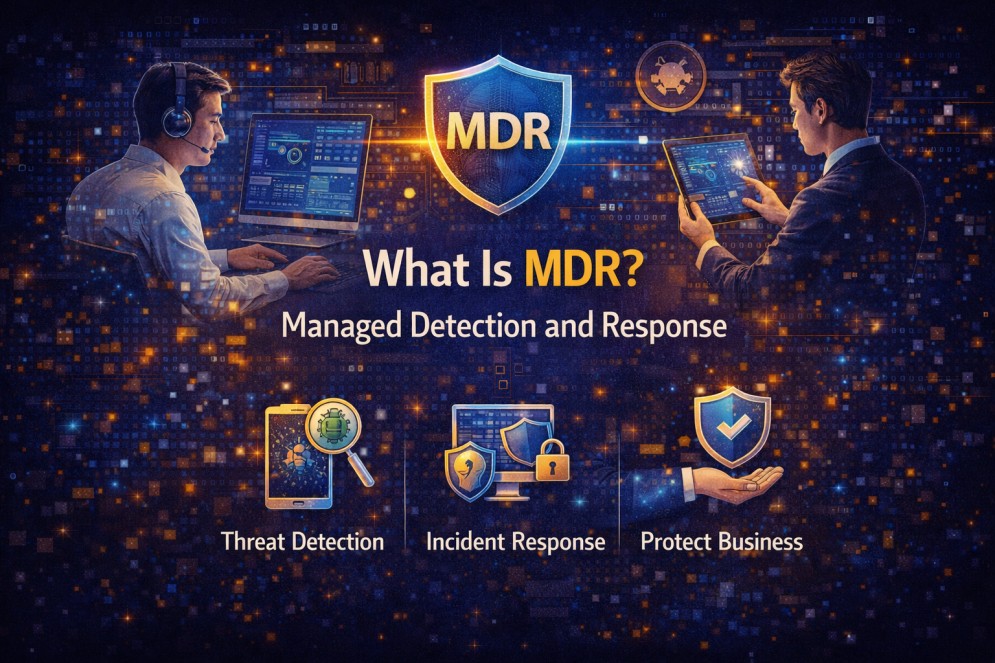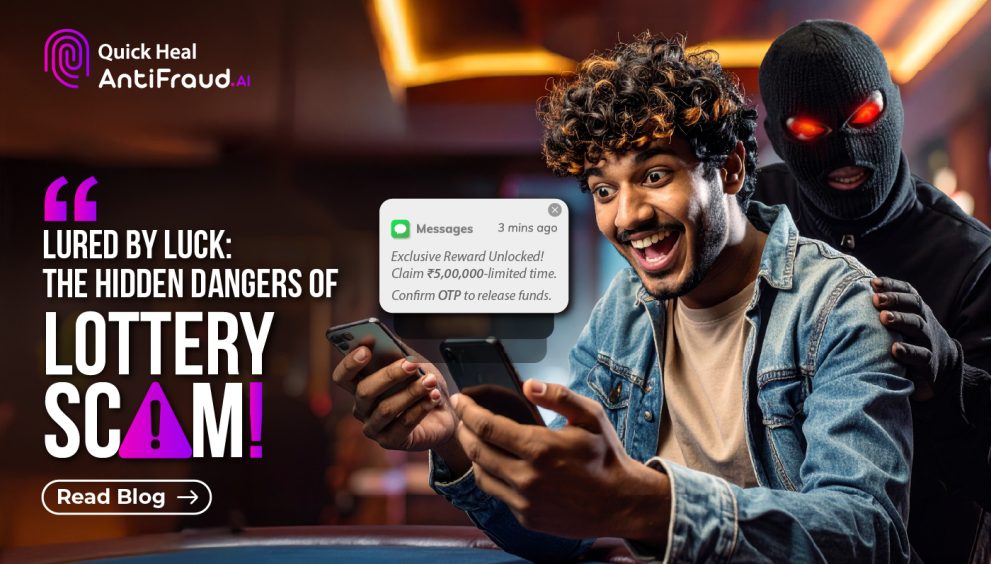
Aug

Lured by Luck: The Hidden Dangers of Lottery Scam
-
Aayush Chandhere / 6 months
- August 28, 2025
- 0
Introduction
Have you ever received a message out of the blue claiming you’ve won crores in a lottery? It feels exciting — even unreal. You don’t remember buying a ticket, but the message looks official, and the thought of a life-changing jackpot is hard to resist. Before you know it, you’re asked to share personal details or pay a small “processing fee” to claim your prize.
But here’s the truth: there is no prize — and no lottery.
This is exactly how lottery scams trap people. These scams prey on our hopes and dreams, offering a shortcut to financial freedom — but end up draining money, stealing sensitive information, and in many cases, ruining lives. From emails and WhatsApp messages to phone calls and social media DMs, these frauds come in many forms — and they’re getting smarter by the day.
In this blog, we’ll break down how lottery scams really work, the red flags to watch out for, real stories of people who were affected, and most importantly, how you can protect yourself and those around you from falling into this trap.
Working
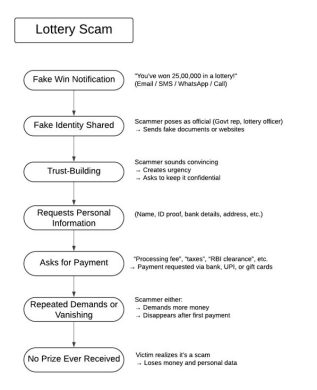
# The Unexpected Message
It starts out of nowhere. You get a message — maybe on WhatsApp, maybe through email or SMS. It says:
“Congratulations! You’ve won ₹25,00,000 in the WhatsApp International Lottery!”
It looks official. There’s even a ticket number, maybe a picture of a cheque, or a message written in a formal tone. You didn’t enter any lottery… but the thought sneaks in: “What if it’s real?”
That hope, that curiosity — that’s what scammers count on. They know most people won’t ignore something that promises a better life.

# The “Official” Contact
Soon after, you hear from someone who introduces themselves as a lottery agent, bank representative, or even a government official. They speak politely, professionally — and send you documents to back it all up.
Maybe it’s:
- A fake ID card with a government seal
- A certificate declaring you the winner
- A letter “from RBI” confirming your prize
They might even give you a helpline number or email ID that looks legit — all designed to make it feel real.

# Winning Your Trust
The scammer doesn’t rush. They talk to you calmly, answer your questions, and act like they’re helping you personally.
You’ll hear things like:
- “You’re the only winner from India this year.”
- “Just keep this confidential to avoid misuse.”
- “There’s a deadline — please respond quickly so your prize isn’t cancelled.”
They create urgency and isolate you from seeking advice — because the more you talk to others, the more chances you’ll realize something’s wrong.
# Asking for Personal Information
Once you start believing, they move to the next step — collecting your personal information.
They ask for:
- Your full name and address
- Aadhar or PAN card photo
- Bank account details
- Mobile number and email
They say it’s for “verification” or for the “transfer process.” But really, they’re building a profile of you — something they can use to scam you further or sell to others.
# The Payment Trap
Now comes the twist: before you get your prize, there’s a small fee to pay.
They’ll say things like:
- “It’s just a processing fee.”
- “This is a tax that needs to be paid before release.”
- “The Reserve Bank requires an RBI clearance charge.”
The fee sounds reasonable — ₹5,000, ₹10,000, maybe ₹15,000 — especially compared to a ₹25 lakh reward. You convince yourself it’s worth it.
You send the money via UPI, bank transfer, or even gift cards. But once the money’s gone — so is your control.
# The Never-Ending Demands or Silence
Now two things can happen:
- They disappear. You stop getting replies, their number is switched off, their email bounces.
- Or they keep the scam going.
If it’s the second case, they’ll come back and say:
- “The file was rejected; we need ₹7,000 more for document processing.”
- “A foreign tax officer has raised an objection — just one last fee.”
Each time, they make it sound like you’re one step away from the jackpot. And many victims, already invested emotionally and financially, keep paying — hoping the next payment will be the last.
# The Realization Hits
Eventually, it becomes clear: the money isn’t coming. There is no prize. You’ve been scammed.
By this point, many people have already lost:
- Tens of thousands — sometimes lakhs — of rupees
- Private documents and bank info
- Their confidence and peace of mind
And worse — they feel ashamed, as if they should have known better. But the truth is: these scams are crafted to fool anyone. Doctors, students, retired people, working professionals — no one is immune.
Proof Of Concept
# 1
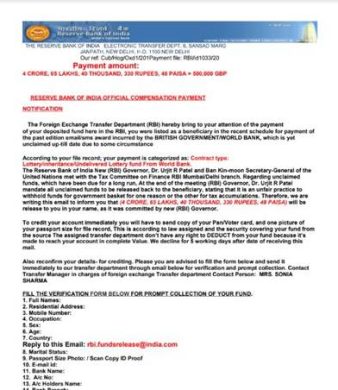
The Reserve Bank of India (RBI) has once again alerted people about a scam that’s making the rounds — fake emails claiming you’ve won a lottery. These messages look official, with the RBI’s name, logo, and even letterheads, but they’re completely fake. Scammers try to win your trust and then ask for personal details like your PAN or voter ID, or even money for “processing fees.” RBI has clearly stated that it never contacts people about lottery winnings or foreign funds. So, if you get such a message, don’t respond — report it to cybercrime authorities instead.
# 2

Beware of Fake Lottery Certificates!
Scammers often send documents like this one to make their story look real. At first glance, it may seem official — with logos, serial numbers, and even a stamp. But it’s all fake. This so-called “Microsoft Windows Lottery” certificate is just another trick to convince people they’ve won big.
Remember: Real lotteries don’t randomly choose winners or ask you to pay fees to get your prize. If you didn’t enter, you didn’t win.
Real World Cases
1. Government employee duped of ₹7.5 lakh in lottery scam
A 54-year-old government employee from Hyderabad fell victim to a heartbreaking lottery scam. She received a call from someone claiming to represent the Kerala State Lottery, saying she had won ₹5 lakh. Excited and hopeful, she followed their instructions — first buying a ticket online, then paying several “taxes” and “processing fees” to claim her prize. The scammers even sent her a fake website and documents to make it all look real. Over a few days, she ended up transferring ₹7.55 lakh to multiple bank accounts. Only when the demands for money didn’t stop — and no prize ever arrived — did she realize she had been scammed. The case is now under investigation by Hyderabad Cybercrime Police.
This real-life case is a reminder: no genuine lottery will ever ask you to pay money to claim your prize. Always verify before you trust.
Source- https://www.thehindu.com/
2. Navi Mumbai Fraud: 82-Year-Old Kharghar Man Duped Of ₹37 Lakh in Fake Lottery Scam
In this case, the victim was tricked into believing that he had won a substantial lottery prize. Between November 21, 2024, and February 6, 2025, the accused claimed that the lottery processing fees amounted to Rs 37 lakh, which the complainant paid. However, no lottery winnings were received, and the money was never refunded.
Source- https://www.freepressjournal.in/
Age Analytics of Victims to the Scam
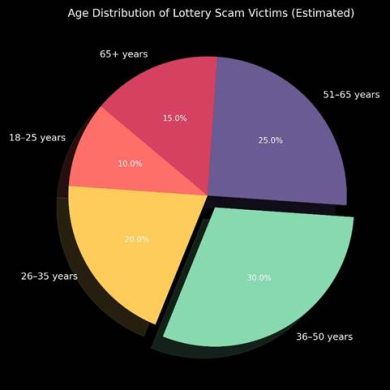
🚩 Red Flags to Watch Out For –
- You never entered any lottery or contest.
- They ask you to pay money upfront to get your prize.
- You’re asked for sensitive personal details.
- Messages have poor grammar, fake logos, or email addresses that don’t match the company.
- The scammer insists you keep the win secret.
- They request payment through gift cards, crypto, or wire transfers.
🛡️ How to Protect Yourself:
- Never pay to claim a prize.
- Don’t share personal or financial info with unverified sources.
- Verify independently by contacting the real company directly (not through links given in the message).
- Report scams to:
- India: cybercrime.gov.in
- USA: reportfraud.ftc.gov
- Other countries: local consumer protection agencies
How Quick Heal AntiFraud.ai helps in detecting Lottery Scams
🛑 Catches scam messages: Detects emails, texts, or WhatsApp messages claiming fake lottery wins.
🌐 Blocks fake websites: Stops you from clicking on scam links that look like real lottery or bank sites.
📄 Flags fake documents: Identifies and warns you about forged certificates or RBI letters used to trick you.
⚠️ Warns you in real-time: Sends instant alerts if you’re about to share personal info or make a risky payment.
Conclusion
Lottery scams may seem easy to spot in hindsight, but in the moment, they can feel surprisingly convincing. With official-looking emails, fake documents, and emotionally manipulative language, scammers know how to build trust and urgency. Many people, regardless of age or education, fall for these traps — losing not just money, but also their personal data and peace of mind.
To protect yourself, stay alert and adopt a security-first mindset. Never share sensitive information or make payments to unverified sources. Always verify independently through official channels, not links or contacts provided by the message itself. Use trusted tools that offer real-time threat detection, and report suspicious activity to cybercrime authorities promptly. Staying aware, cautious, and digitally literate is the most effective defence in today’s increasingly sophisticated scam landscape.

